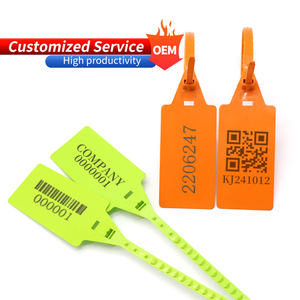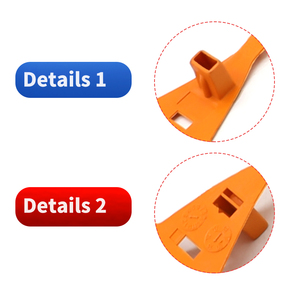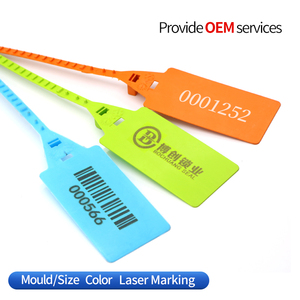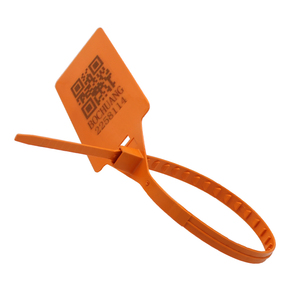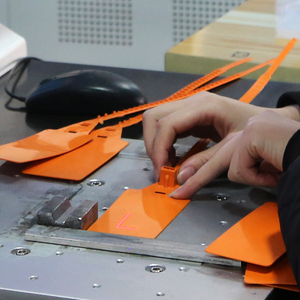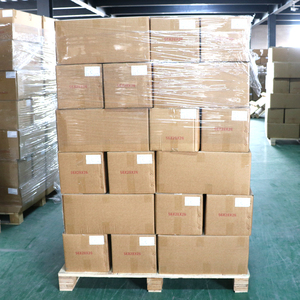Introduction to Ship Seal
Ship seals serve a critical role in maritime operations, designed to provide effective sealing solutions in various marine applications. These innovative seals are engineered to prevent water ingress and protect ship components from the harsh marine environment. With advancements in sealing technology, ship seals have become essential for ensuring vessel integrity, reducing maintenance costs, and enhancing safety during journeys at sea.
Types of Ship Seal
Understanding the different types of ship seals available is crucial for selecting the right seal for your marine needs. Here are some common types:
- Mechanical Seals: Utilized in pumps and shafts, mechanical seals are designed to minimize leakage and maintain pressure.
- Gaskets: These seals are used between flanges, adapting to various surface irregularities to create a reliable seal.
- O-rings: Circular seals made of elastomeric materials, O-rings provide essential leakage prevention in piping systems.
- Inflatable Seals: Employed in environmental containment, inflatable seals expand to provide a tight seal when activated.
Applications of Ship Seal
Ship seals have a wide array of applications crucial for vessel performance. Their versatility supports various systems on board ships, including:
- Engine Compartment: Seals help prevent oil leaks and protect engine components from water exposure.
- Pipelines: In piping systems, seals maintain pressure and prevent hazardous leaks.
- Ballast Systems: Seals are vital for ensuring the controlled transfer of water, contributing to ship stability.
- Deck Equipment: Protecting machinery from seawater, seals ensure that operational integrity is maintained.
Features and Advantages of Ship Seal
When it comes to ship seals, several features and advantages make these products indispensable for maritime applications:
- Durability: Ship seals are constructed from robust materials that withstand extreme temperatures, pressure, and corrosive environments.
- Customization: Many ship seals are available in various shapes and sizes, allowing for tailored solutions to specific sealing challenges.
- Ease of Installation: Designed for quick and straightforward installation, reducing downtime during repairs or maintenance.
- Cost-effective Maintenance: By preventing leaks and damage, ship seals can significantly lower maintenance costs and increase the lifespan of equipment.
How to Choose the Right Ship Seal
Selecting the appropriate ship seal involves several considerations to ensure optimal performance and longevity:
- Material Compatibility: Assess the material of the seal and ensure it is suitable for the specific fluids and environmental conditions it will encounter.
- Dimensions: Measure the application areas accurately to choose seals that fit tightly without excessive compression.
- Application Type: Identify the specific application (e.g., engine compartment, pipelines) to select the right type of seal that meets performance requirements.
- Industry Standards: Ensure that the chosen ship seal complies with relevant maritime industry standards for safety and performance.


